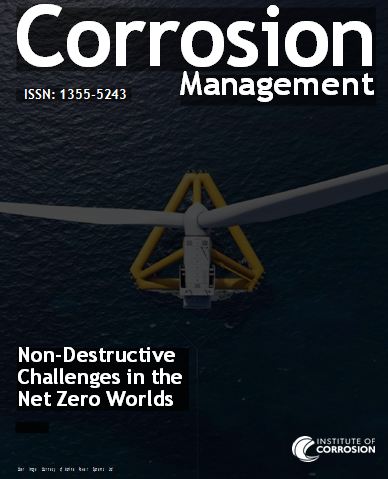Z-Score Normalized Machine Learning Approach for Predictive Maintenance Optimization in Gas Treatment Plants
DOI:
https://doi.org/10.3390/4g4kxt27Abstract
The increasing global demand for cleaner energy has positioned natural gas as a vital resource, requiring gas treatment plants (GTPs) to operate efficiently and reliably. However, the harsh operational conditions of GTPs—characterized by high pressures, temperatures, and corrosive gases—expose critical equipment to frequent wear and tear, leading to unexpected failures and costly downtimes. Traditional maintenance strategies such as reactive and preventive maintenance have proven inadequate in addressing these challenges due to their reliance on failure occurrence and fixed service intervals, respectively. This study aimed to evaluate the performance of selected machine learning (ML) models—Random Forest (RF), Decision Tree (DT), Support Vector Machine (SVM), and K-Nearest Neighbors (KNN)—for predictive maintenance using operational datasets processed through z-score normalization. Historical metering data obtained from Total Energies EP Nigeria Limited (2019–2024) was preprocessed to remove outliers, engineered to create predictive features, and scaled for uniformity. The models were assessed based on accuracy, precision, recall, and F1-score. Results revealed that all four models performed optimally after z-score normalization, with SVM achieving the highest and most consistent performance across all metrics. KNN also demonstrated robust results, particularly in adapting to different feature scaling methods. Based on these findings, the study concludes that SVM is the most effective model for predicting maintenance needs in GTPs. It is recommended that gas treatment facilities adopt SVM-based predictive maintenance systems to enhance reliability, reduce operational costs, and improve equipment lifespan.









